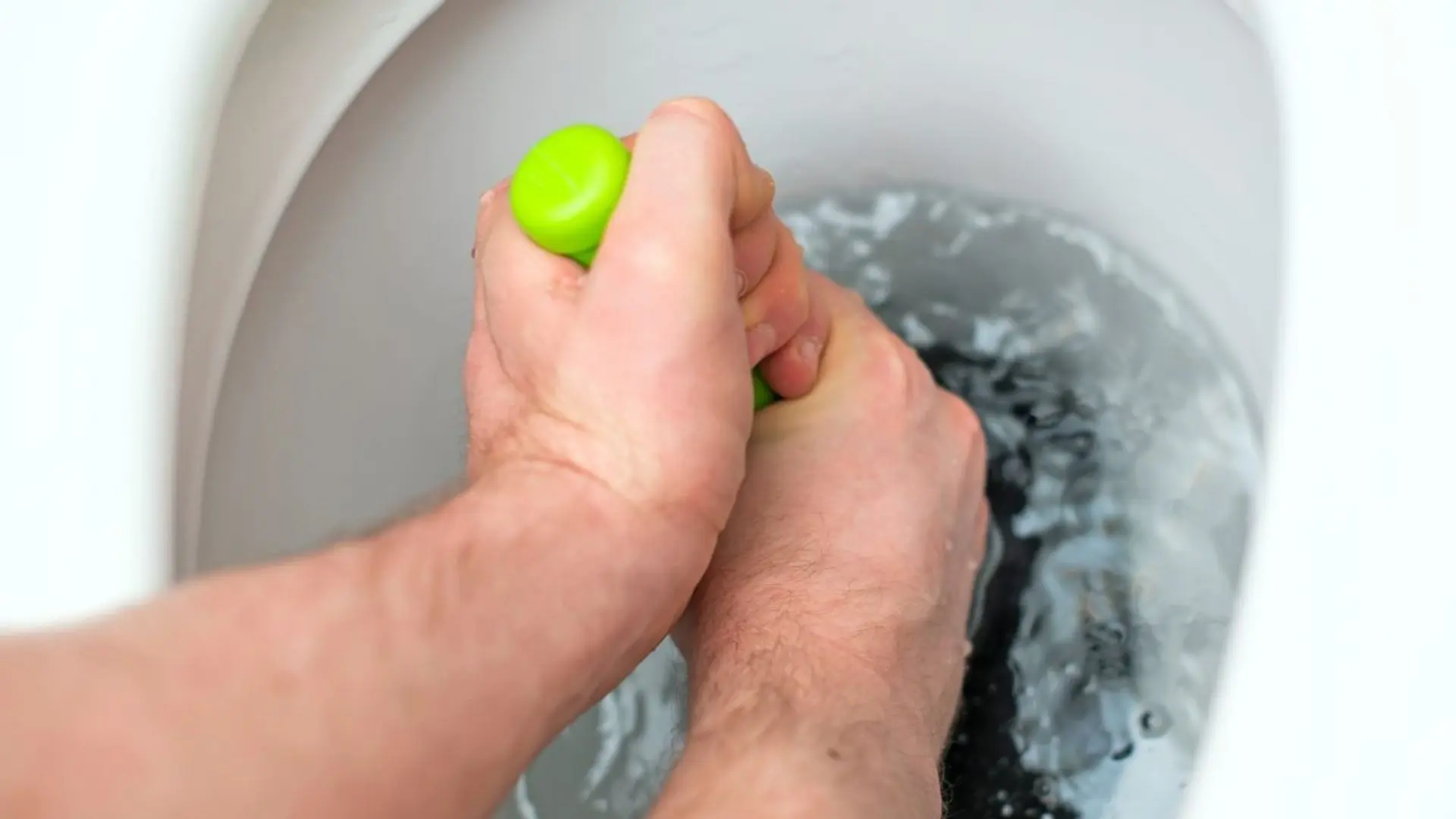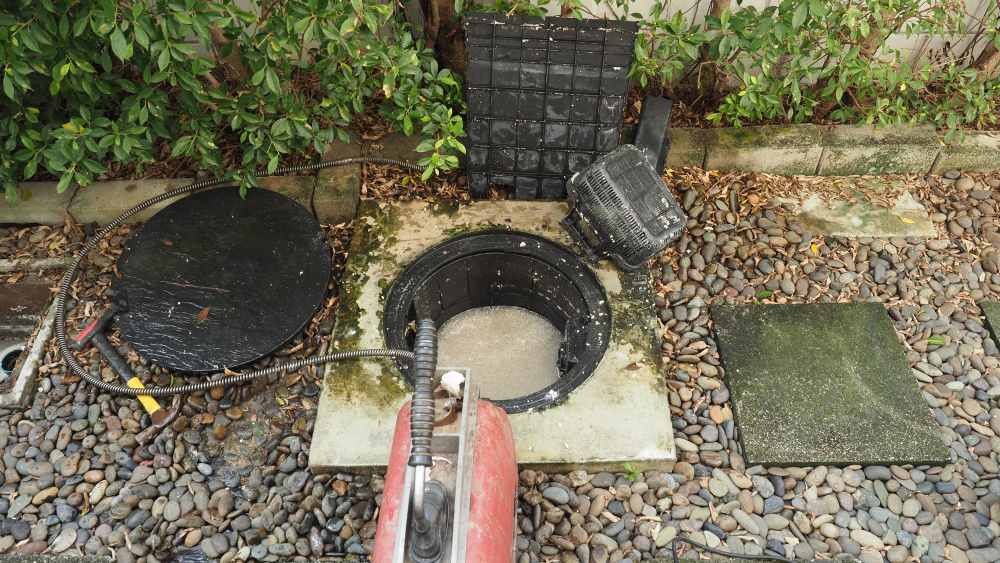Ways to Tackle a Blocked Drain On Your Own Prior to Engaging Plumbing Experts
Ways to Tackle a Blocked Drain On Your Own Prior to Engaging Plumbing Experts
Blog Article
What are your ideas on 8 Tips For Clearing A Blocked Drain?

Introduction
Taking care of an obstructed drainpipe can be an irritating experience, interfering with everyday tasks and possibly triggering damages to your residential or commercial property. Nonetheless, before reaching out to pipes specialists, there are actions you can require to resolve the concern yourself. In this guide, we'll discover do it yourself solutions and safety nets to take on an obstructed drain properly.
Recognizing the Issue
The first step in dealing with an obstructed drainpipe is acknowledging the indicators. Sluggish water drainage, gurgling noises, foul odors rising from drains, or water backing up prevail indicators of an obstructed drainpipe. Identifying these signs early can aid stop additionally difficulties.
Typical Root Causes Of Blocked Drainpipes
Recognizing the factors that contribute to drain pipes blockages is crucial for effective resolution. Common wrongdoers consist of hair, soap residue, oil, food debris, and foreign items like sanitary items or paper towels. Tree roots attacking below ground pipelines can likewise create considerable obstructions.
Do it yourself Solutions
For minor blockages, several do it yourself solutions can be efficient. Pouring boiling thin down the drain can help dissolve grease and debris. Baking soda and vinegar or a combination of salt and cooking soda can act as natural cleaners. Using a bettor or pipes snake to displace blockages is one more option.
Tools and Equipment
Having the right devices handy can make do it yourself drainpipe cleaning more effective. A bettor is a flexible tool for removing clogs in sinks, commodes, and showers. A pipes snake or auger can get to much deeper clogs, while drain cleaning chemicals can be utilized cautiously for persistent blockages.
Preventive Measures
To avoid future obstructions, embracing preventive measures is essential. Install drainpipe guards or filters to catch hair and debris prior to they get in the pipes. Frequently flush drains with warm water to dissolve oil buildup, and stay clear of throwing away oil or solid waste away.
When to Call an Expert
While DIY services can resolve minor clogs, certain indicators suggest the demand for specialist assistance. Persistent clogs, foul odors in spite of cleansing initiatives, or numerous drains pipes supporting simultaneously are red flags that warrant expert treatment.
Selecting the Right Pipes Solution
When selecting a plumbing service, consider variables such as experience, licensing, and customer reviews. Pick a respectable plumber with a record of high quality craftsmanship and clear rates techniques.
Expense Factors to consider
The expense of specialist drainpipe cleaning services can vary relying on the seriousness of the obstruction and the plumber's prices. Demand quotes from numerous suppliers and ask about any type of additional charges to guarantee openness and avoid shocks.
Safety and security Measures
When attempting DIY drain cleaning, prioritize security. Use protective gloves and eyeglasses to prevent contact with hazardous chemicals or bacteria. Never ever mix various drain cleansing items, as this can generate hazardous fumes.
Case Researches
Real-life examples illustrate the performance of DIY remedies and the significance of timely professional treatment in fixing drain blockages.
Verdict
By following the tips detailed in this overview, you can successfully take on blocked drains and protect against future pipes problems. Whether opting for DIY options or looking for professional support, timely action is vital to maintaining a healthy plumbing system and maintaining the stability of your home.
How to Clear a Clogged Drain Yourself (And When to Call In the Professionals)
What Can Clog a Drain
Dirt Skin flakes Hair Grease Soap scum Food Offset pipes Tree roots Small objects Mineral buildup DIY Tricks to Unclog a Drain
You can fix this! Once you have identified the source of the clog (or have a vague idea), you can try one or a combination of these fixes in order to clear your plumbing.
Wire Hanger or Snake
Untangle and clear out hair from a drainpipe with a homemade snake. Use a straightened-out wire hanger with a 90-degree angle hook to locate the clog and drag out any unwanted material.
Remember not to push the clog further down to where the wire hanger cannot reach! If you need to follow up with a plunger, give it a try. Your efforts might be more successful after it’s been wire-snaked.
If you want to get fancy and don’t have a wire hanger to spare, head to the store and pick up a hand-operated drain snake. You can get one for $10-$30. It may save you the hassle, and provide additional length to reach deep into the clogged pipe.
Plunger
A cup plunger has a suction cup attached to a wooden handle. The rubber creates a seal around the drain, and increases the pressure force of the plunger.
Plunge for 30-second increments to loosen the clog. This may need to be repeated over the course of 15-20 minutes. Once plunged, run the water to flush the remaining material out of the drain.
Remember– never use a plunger if you have used a chemical drain cleaner. These chemicals can splash up from the force of the plunger and cause serious injury or burns.
Boiling Water
Hot water can sometimes break up materials into a flushable amount. Dirt, grease, and soap buildup requires heat in order to unstick from surfaces.
Take your kitchen kettle and heat your water to a boil. Once it reaches a rolling boil, pour it directly down the drain into the blockage. Carefully follow with plunging, if necessary.
Don’t worry if this takes more than one try! It can often take multiple kettles and repeated plunging in order to clear a particularly stubborn clog.
Chemical Drain Cleaner
As a last resort, pick up a bottle of chemical drain cleaner. Drain-cleaning chemicals are potent, and not very good for the environment.
You may need to wear protective eyewear in gloves before handling your bottle of chemical drain cleaner. Follow the instructions printed on the bottle, and flush with water as soon as the instructions allow. Do not follow with plunging.
Baking Soda and Vinegar
As a safer alternative to chemical drain cleaner, baking soda and vinegar can create a chemical reaction that clears tough clogs.
Combine one cup of cleaning vinegar with one cup of boiling water, and set aside. Once you have done this, pour half a cup of baking soda down the drain. Give the baking thirty seconds to settle and cover a large portion of the problem drain.
Following the baking soda, pour down your vinegar and hot water solution. Once the vinegar and baking soda combine, the mixture will bubble and fix. Let this reaction fizzle in the drain for about an hour.
After an hour, follow with a kettle’s worth of hot water. The heat and liquid should flush out any remaining material.
When to Call a Plumber
If your DIY attempts haven’t cleared your clog drain, it’s time to call in a professional. It’s not worth losing access to your kitchen sink or high-traffic bathroom. A clog in a vital area can keep you from the things you’d rather be doing, and derail your routine.
Anytime a clog is causing water to spread is a time to call in a plumbing service. What starts out as a little bit of water can quickly grow into serious, expensive water damage.
Additionally, a serious clog can result in burst pipes or serious leaks. Make sure you know when to take it seriously!
https://myguysnow.com/how-to-clear-a-clogged-drain-yourself-and-when-to-call-in-the-professionals/

Do you enjoy reading about Tips for Dealing with Clogged Drains and Sewer Lines? Try leaving a remark further down. We'd be pleased to find out your thoughts about this posting. We are looking forward that you visit us again in the future. For those who enjoyed our article kindly be sure to share it. Bless you for your time. Come back soon.
Book Report this page